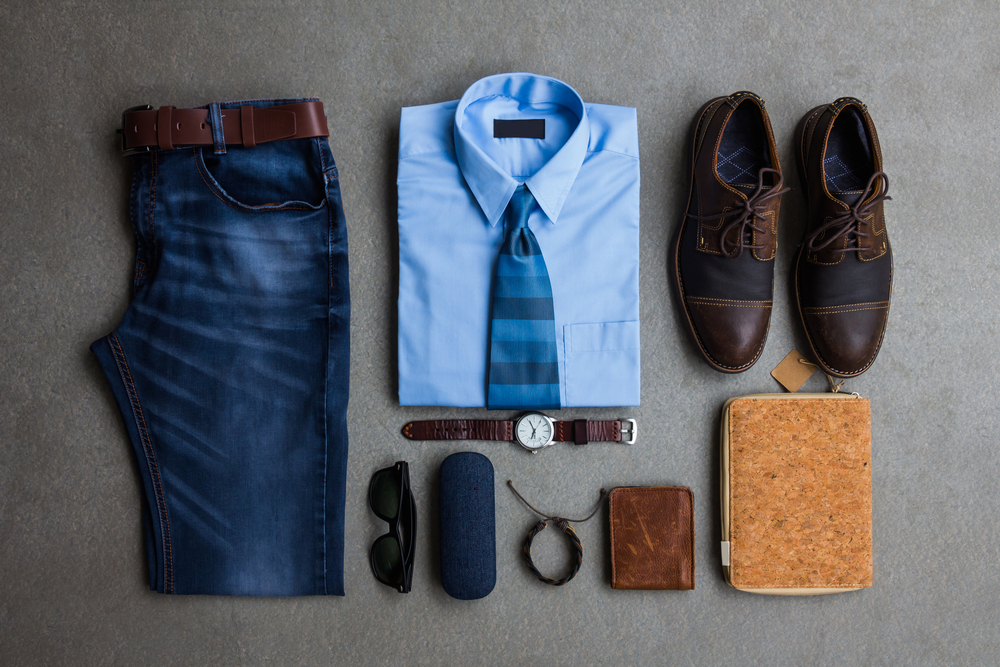In this burgeoning new marketplace full of Millennials, people have begun to question the old adage “dress for success”. Companies are scaling back on professional attire to appeal to younger consumers. Suits and ties are being thrown out in favor of khakis and open button-down shirts.
While this change is welcome for the scores of laid-back employees who count down to casual Friday, it’s been a tough transition for others. So, the question remains:
Does What You Wear Make a Difference?
Yes. Research shows that consumers perceive brands differently based on the dress of their representatives. Generally, consumers will assume certain traits for formally attired employees and other traits for the casually attired.
For example, a consumer in a high-end department store will attribute terms like “knowledgeable”, and “authoritative” in regards to a formally dressed employee. Whereas, a casually dressed employee in the same setting would be considered “friendly” or “approachable”.
Of course, people can be both friendly and knowledgeable – and often are. But in the split-second first impression consumer arena, it just isn’t so. Complex human beings are summed up quickly based on information that is available. For consumers, this includes attire.
Which Wear Where?
Navigating this fashion minefield can feel every bit as tricky as a real one. Especially if a brand falls in both perceptual realms. But it boils down to one simple point: consistency.
What you wear portrays what you deliver to consumers, so it must match what you sell. If you work at a coffee shop, where being friendly is an asset, casual attire is appropriate. If you work at a tech firm, where being knowledgeable is an asset, formal attire is appropriate.
Consumer perception, and therefore sales, is highly dependent on the settings, people, and products of a company. If all of these line up, the process becomes smoother and far more profitable.
If a company decides to steer into a more formal direction, their employees will protest. They’ve become accustomed to a certain amount of freedom, after all. Right?
Will Formal Dress Affect Morale?
No. At first, they may not be thrilled. But overall, research confirms that employees react positively to business wear.
Employees wearing more professional attire feel more professional. Their confidence improves, and so does their performance. Employees wearing more formal clothing make more sales, fatigue less quickly, and are more generally productive.
As employees become more accustomed to the change, their professional wear intertwines with their professional identity. They take pride in their work.
The Bottom Line
Ultimately, it’s up to the business owner which is more in line with their brand: approachability or authority. The brand, and attire, should always reflect the business.
Consumer assumptions can be overcome, but only with time and effort. Both are precious resources that need to be expended with care. A law firm can decide to dress casually, but will spend a lot of time explaining why to its consumer base.
However, employee dedication is much harder to secure. Wearing more formal attire in exchange for employee productivity is a really good deal.

